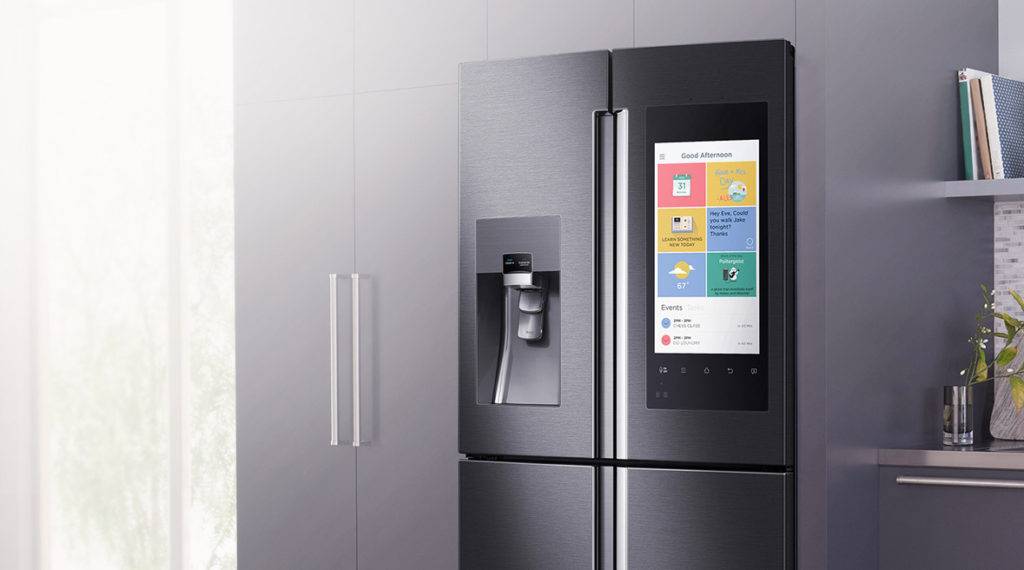Almost every product in the house now has a smart alternative, Nest revolutionized the thermostat and smoke detector, August built a smartphone connected door lock, and Samsung launched a smart fridge.
Even with the abundance of smart alternatives, Lux Research says there is still disconnect between the consumer and manufacturer. Price is the most obvious issue, despite manufacturers lowering prices in the past year, they are still too high for consumers that aren’t fully invested in the usefulness of smart home devices.
See Also: Comcast adds to smart home offerings with Icontrol
Lux Research also argues that retrofitting may have helped major smart home firms like Nest and Samsung keep customers on board. Some, after purchasing first generation tech, decided not to purchase the second generation, either due to cost or lack of additional features.
“Current prices [for smart home appliances] are three times higher and will have to be lower for manufacturers to push smart appliances for mass adoption,” said Jessica Hernández, Lux Research Associate and lead author of the report. “Also, businesses can benefit by focusing on retrofit technologies as a bridge for smart appliance adoption, drawing in products such as refrigerators and air conditioners that have a long life cycle.”
Smart home choices tending towards security and safety
Smart home popularity appears to be trending away from appliances and into security and safety devices. Smart locks, air quality and filtration, and energy management have seen a rise in sales over the past two years.
That is good news for Notion, August, and other security and safety providers, though the firms may face similar issues when it comes to launching their second or third generation device.
First impressions are everything for technology, when 3D TVs finally arrived on the market, it was exciting for a few weeks, then people started losing interest due to lack of content, poor quality, and cumbersome accessories. The same apathy towards smart home devices may occur if manufacturers are unable to prove how the smart functionality adds value to the home.

















